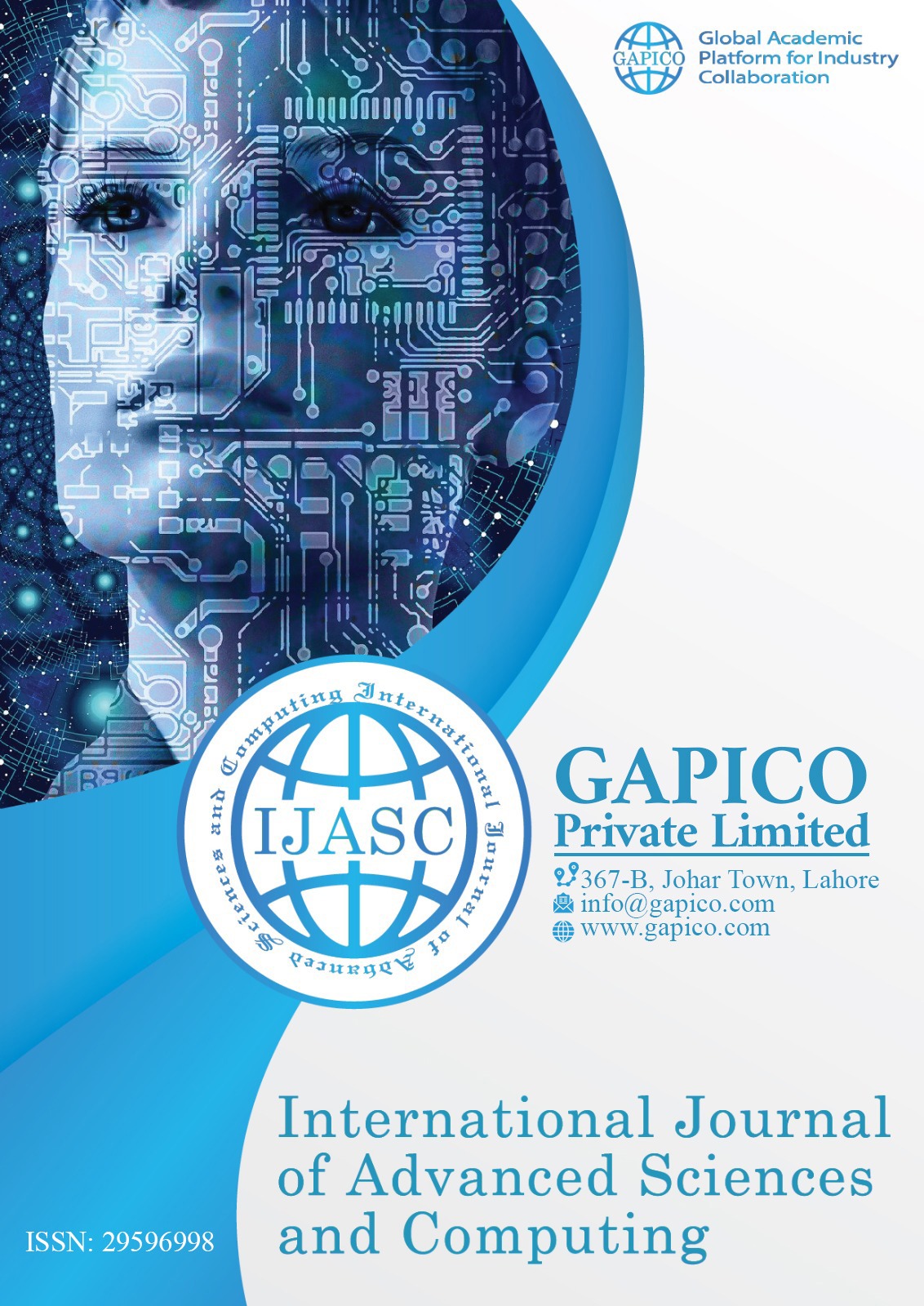Developing a Fuzzy Logic-Based Approach to Determine Prosperity for Smart City Policymaking
Keywords:
Quality of life, social welfare, social inequality, economic inequality, Mamdani Fuzzy logicAbstract
Prosperity measurement is important for smart cities because it allows city officials and policymakers to understand the economic well-being of the city and its residents. This information can then be used to make informed decisions about how to allocate resources and develop policies that will improve the overall prosperity of the city. Additionally, prosperity measurement can also be used to track progress and evaluate the effectiveness of existing policies and programs. This can help to ensure that resources are being used in the most efficient and effective way possible. Overall, prosperity measurement is a key tool for creating a more equitable, sustainable, and prosperous city for all residents. In this paper, we introduce an intelligent model for smart cities utilizing fuzzy logic to help enhance policymaking and help objectively assess the effectiveness of smart cities. The proposed FIS-based expert system can classify a smart city's prosperity as satisfied, good, excellent, or exceptional.


 DOI's are created using Crossref
DOI's are created using Crossref